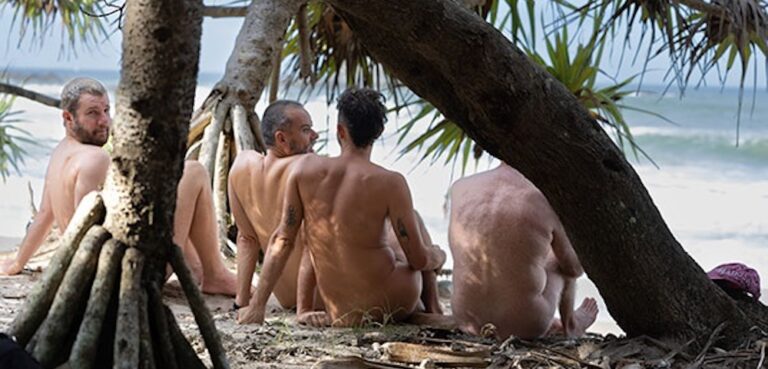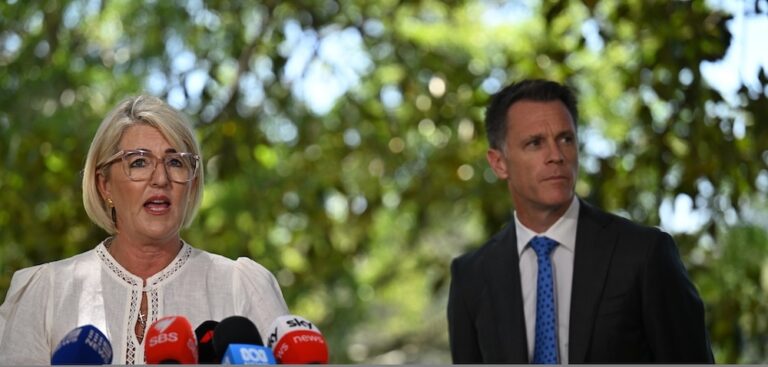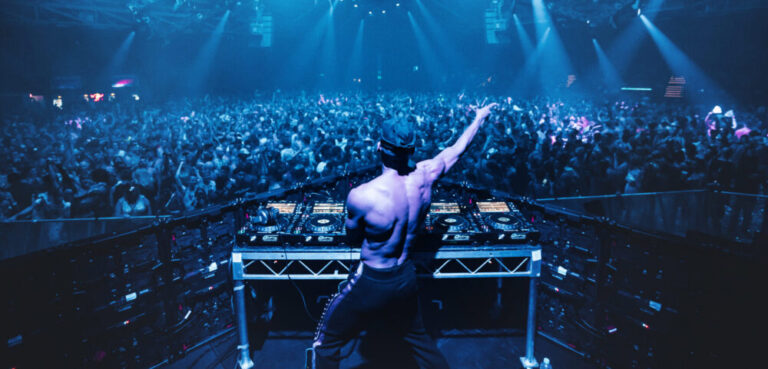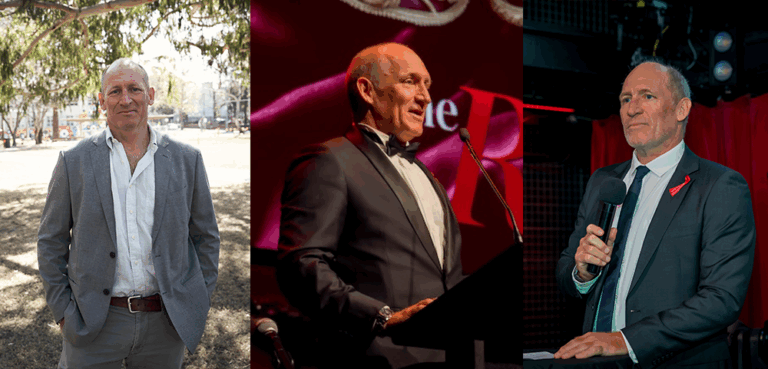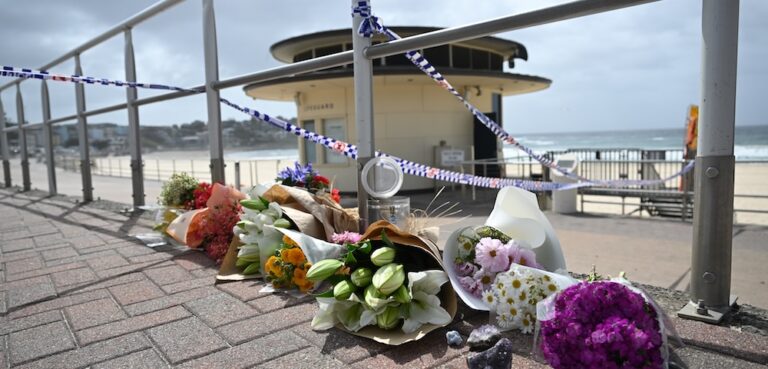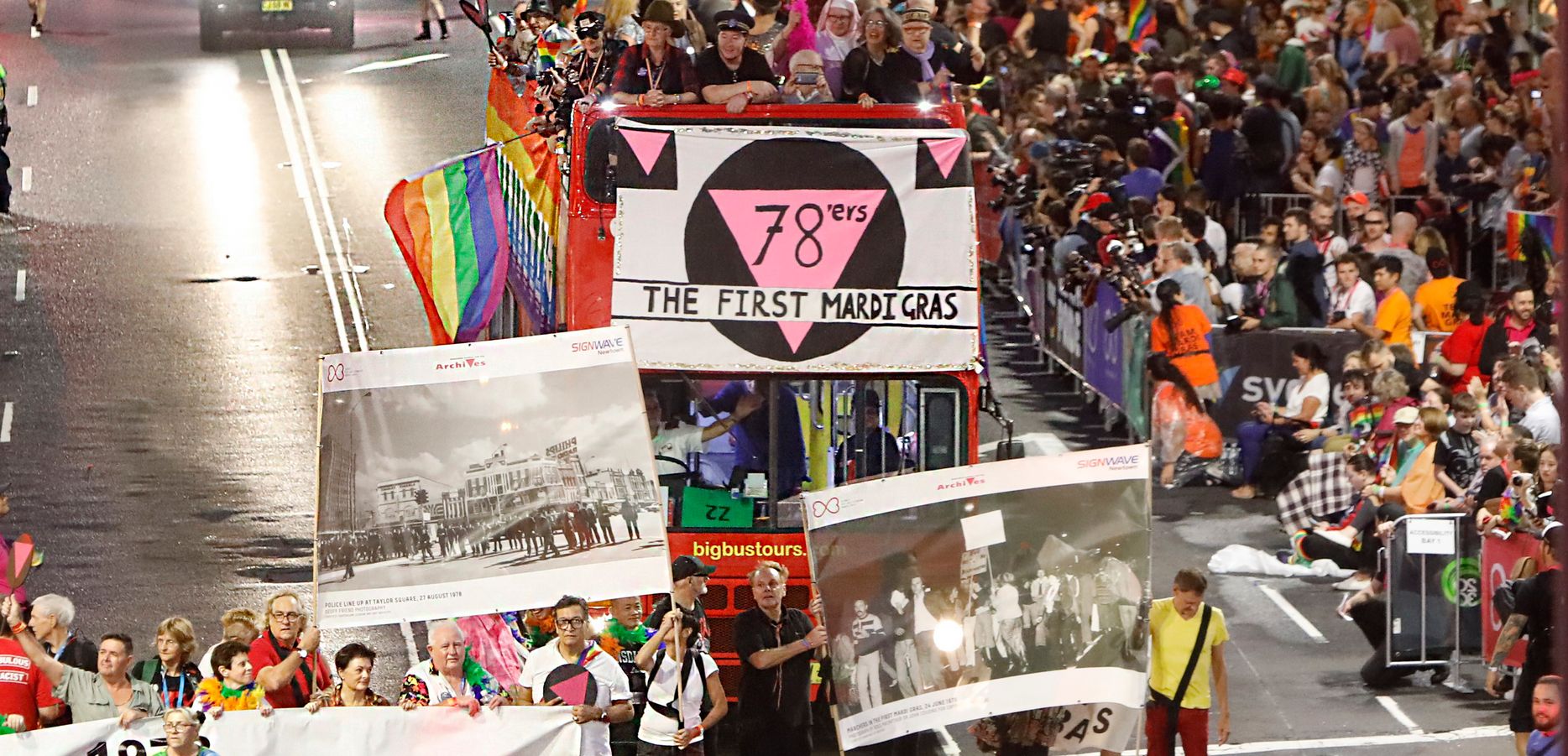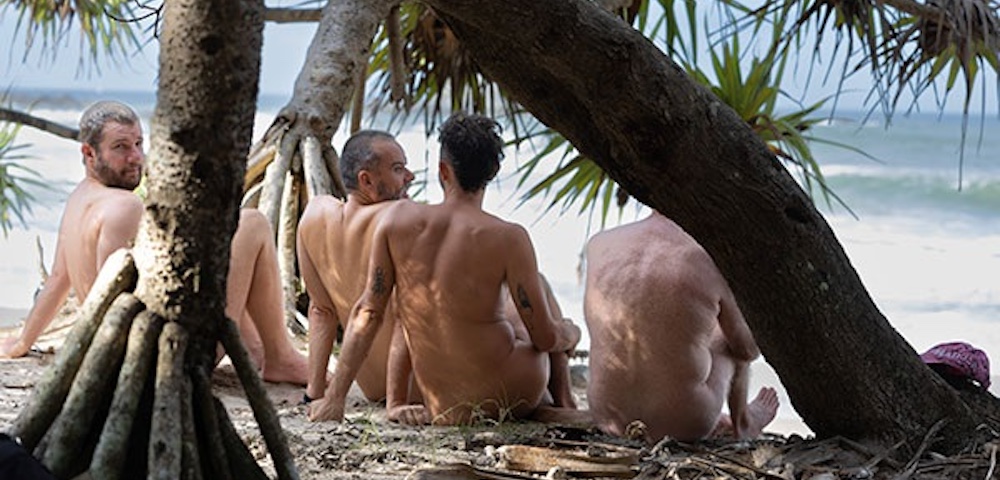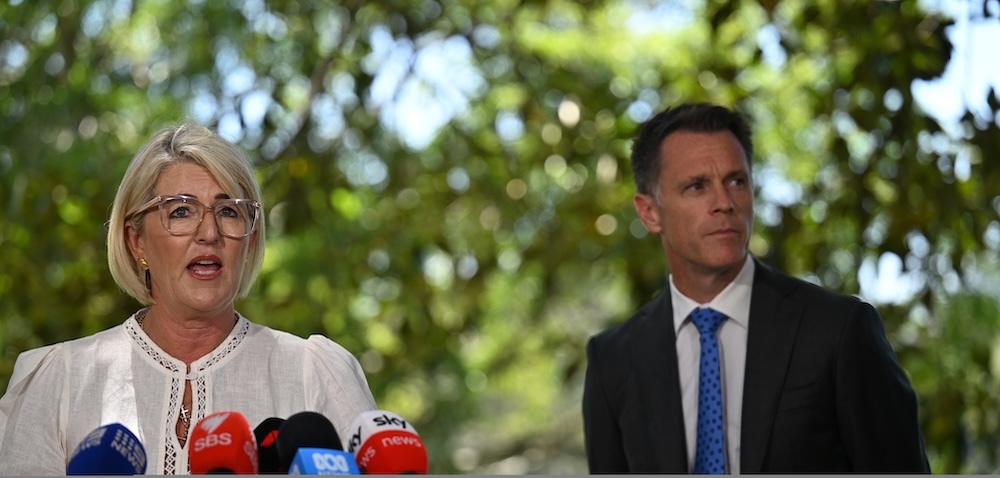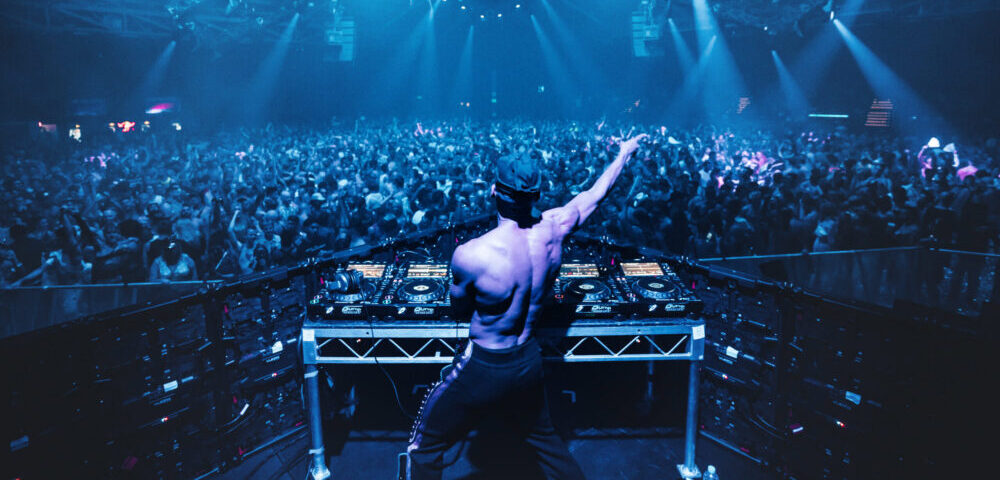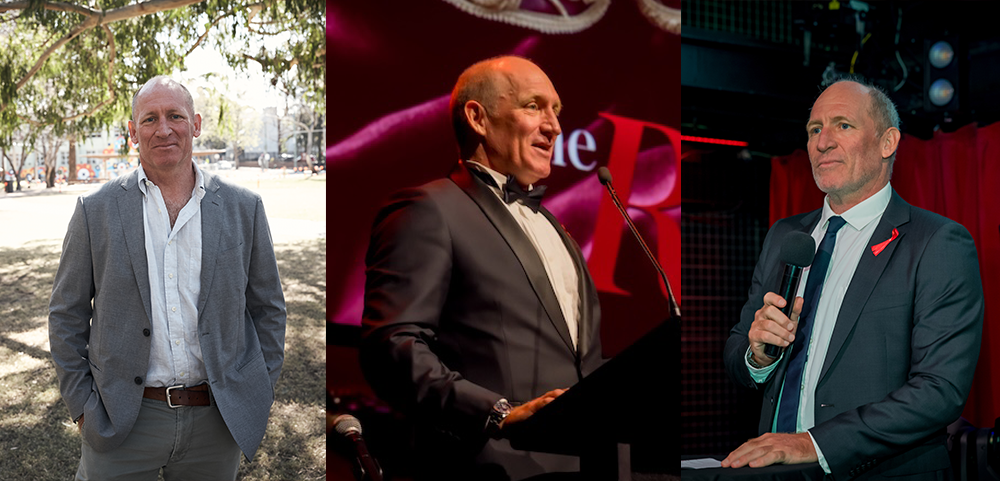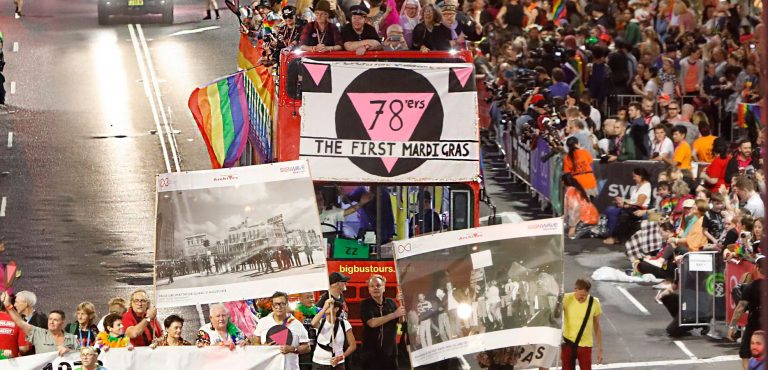
Let’s get Real
This Mardi Gras season sees the intersection of a number of battle lines in LGBT politics. The ALP and the Demo-crats are both posturing on gay and lesbian issues. Victoria’s ALSO Foundation has started a move to set up a national lobby group. US court rulings and mass same-sex commitment ceremonies are bringing the gay marriage debate to mainstream attention.
This is all taking place as the New Mardi Gras organisation fights to regain its financial feet in our increasingly diffused community, and queer culture is finally hitting the mainstream via reality TV.
What some LGBT activists are failing to grapple with is the potential and the limits of their role in this process of achieving acceptance and equality.
Power is wielded in more places than our parliaments. The boys from The Block and Queer Eye have as much positive effect on the perception of us and our issues amongst the wider public as do our tireless community leaders. It’s not that political action is irrelevant; it’s simply a question of knowing when and how to play the game.
Let’s start with the ALP National Conference. These days you need to look for symbolic messages rather than substantial policy debate at ALP conferences. Shadow attorney-general Nicola Roxon dedicating a section of her speech to endorsing Rainbow Labor’s equality campaign was one good sign, as was Labor premiers, led by Jim Bacon, boasting their LGBT law reforms in speeches to business observers. Five years ago that wouldn’t have happened.
Five years ago the leader of the opposition wouldn’t have splashed his commitment to the validity of same-sex relationships all over the papers either -“ and Latham knows that this rather than a conference debate sends a message about his values to the electorate.
So why then was a Rainbow Labor motion on relationship registration withdrawn from the conference agenda? Some right-wing unions still oppose Labor’s extensive commitment to remove all federal legal discrimination and the spectre of gay marriage is a convenient blocking tool. Does it matter? No -“ the right-wing unions might have looked impressive but they chose the wrong place to have any serious effect. It’s the parliamentary Labor Party caucus who decide the election platform and they’re on our side.
As for gay marriage, it wasn’t on the agenda 12 months ago when Rainbow Labor began policy negotiations with shadow cabinet members, but everything else was addressed almost exactly as Rainbow Labor asked.
The point is not that Labor is saintly. It’s that you have to look beyond the surface to gain real political insight.
The same goes for the Democrats’ attempt to get Labor to put its money where its mouth is in the Senate -“ it’s more than a black and white test of who cares for us most. Don’t expect Labor to vote
Democrats legislation up any time soon. Labor will block the debate arguing, correctly, that the Democrats legislation has no chance of being passed by the House of Representatives and that the pre-election period is best spent building the foundations to block bad Coalition legislation. The Democrats will then claim that Labor is sidelining an important issue so a Latham government can take credit for reforms the Democrats have also supported for years. Both are right.
So how do we get ourselves out of this spiral of ineffectiveness? A federal LGBT lobbying organisation would be a good start -“ but not in 2004.
Very few non-government organisations are capable of intervening effectively in a federal election campaign. Much better to get ourselves organised during 2004/5 and capitalise on that planning in 2005/6 -“ when parties are really formulating their election policies.
Hopefully, the ALSO Foundation’s research and consultations will deliver an agenda around which state-based lobby groups can eventually federate. If it can be properly resourced, that independent structure will be very useful in pushing a new Labor government (if elected) to stick to its commitments. What we don’t want to end up with is one person and a fax machine trying to speak for all of us during the 2004 election.
Another obstacle on the path to becoming a national political constituency is the lack of key research into our electoral habits. We have no idea how big the LGBT voting bloc is, where it lives or how it votes. We need to know that in order to make clear to the major parties that there are electoral consequences for ignoring us. The US National Gay and Lesbian taskforce’s 10-year study into the size and beliefs of the LGB voting bloc has paid dividends.
This serious and independent research (used by CNN and Associated Press) proves the self-identifying LGB voting bloc is between 4.2 percent and 5 percent of voters -“ bigger than the Latino and Jewish communities and the third biggest, behind the over 65s and African-Americans. It’s proper research, not cherry-picking off controversial issues, that will really advance the political muscle of our community.
While we will just have to be patient until 2005 or 2006 for a federal lobbying organisation, that doesn’t deal with the fact that marriage is an issue that won’t wait until then.
It won’t wait because it’s a debate fundamentally tied to the irresistible forces of globalisation. Globalisation is about culture, not just free trade, and the processes of globalisation are eroding the traditional family unit that has dominated Western cultures since the Industrial Revolution. Primarily this has meant new rights and life choices for women, but it also means debates like gay marriage get thrown upon us by international forces in a way we can’t simply switch on and off.
We can take comfort in realising that gay marriage is a debate we’ll ultimately win -“ because we’re on the side of cosmopolitan change that is winning all globalisation debates. But these things don’t get resolved overnight and there’s nothing to suggest the 2004 federal election campaign will be the place for that resolution.
For a start, no community leader nominated the issue as one of their priorities when interviewed by Sydney Star Observer last month. According to election analyst Antony Green, the issue simply isn’t a vote changer -¦ it’s not on any party’s agenda, so it’s of no use to John Howard as a wedge issue.
Gay marriage does provoke strong reactions on both sides of the debate but strength of feeling can’t affect voter turnout in a compulsory voting system.
There’s no excuse for running away from or paying lip service to gay marriage -“ but there is no reason to stir up debate on the matter, either.
When respected community leaders like Rodney Croome go out of their way to write about gay marriage in daily newspapers it only encourages hard core Liberals to bash us before we have a chance to defend ourselves properly, as The Australian’s Christopher Pearson has done on two consecutive weekends.
All-or-nothing approaches to this issue offer far less attractive returns in Australia than they do in the US.
We have achieved many of the property rights conferred through marriage with state-based reform. Until a properly planned federal lobbying organisation develops there is no mechanism to develop community consensus on the issue. Before that consensus emerges, starry-eyed organisations and individuals have as much potential to do damage to our image and rights as they have to advance them.
Assuming for a moment that we can run the campaign, what do we want to get out of it? The Coalition opposes gay marriage as strongly as the minor parties support it. We also know the ALP publicly opposes gay marriage. The only people who can benefit from such a debate are minor party Senate candidates, and that’s not a good enough reason to alienate anyone during the 2004 federal election campaign -“ because we’ll need them when the gay marriage debate really does get serious.
Ryan Heath is a former co-convenor of Rainbow Labor.
